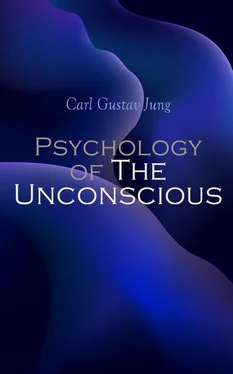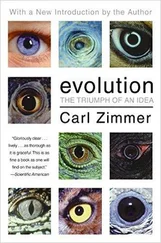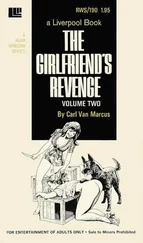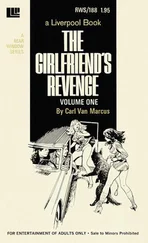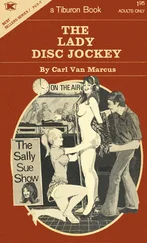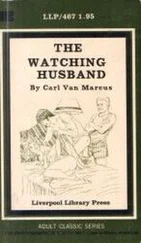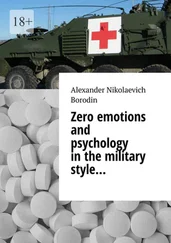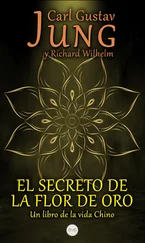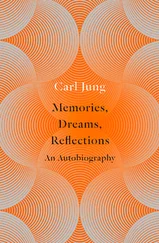At this early time children feel deeply the enormous importance of their parents and their entire world is bounded by the family circle. All the elements of the ego which the child possesses have now become manifest; love, jealousy, curiosity, hate, etc., and those instincts are directed in the greatest degree towards the objects of their libido, namely the parents. With the growing ego of the child there is a development of strong wishes and desires demanding satisfaction which can only be gratified by the mother; therefore there is aroused in the small son the feeling of jealousy and anger towards the father in whom he sees a rival for the affection of the mother and whom he would like to replace. This desire in the soul of the child Freud calls the Oedipus complex in recognition of its analogy to the tragedy of King Oedipus who was drawn by his fate to kill his father and win his mother for a wife. Freud presents this as the nuclear complex of every neurosis.
At the basis of this complex, some trace of which can be found in every person, Freud sees a definite incest wish towards the mother which only lacks the quality of consciousness. Because of moral reactions this wish is quickly subjected to repression through the operation of the “incest barrier,” a postulate he compares to the incest taboo found among inferior peoples. At this time the child is beginning to develop its typical sexual curiosity expressed by the question, “Where do I come from?” The interest and investigation of the child into this problem, aided by observations and deductions from various actions and attitudes of the parents, who have no idea of the watchfulness of the child, lead him, because of his imperfect knowledge and immature development, into many false theories and ideas of birth. These infantile sexual theories are held by Freud to be determinative in the development of the child’s character and also for the contents of the unconscious as expressed in a future neurosis.
These various reactions of the child and his sexual curiosity are entirely normal and unavoidable, and if his development proceeds in an orderly fashion then, at the time of definite object choice he will pass smoothly over from the limitations of the family attachment out into the world and find therein his independent existence.
However, if the libido remains fixed on the first chosen object so that the growing individual is unable to tear himself loose from these familial ties, then the incestuous bond is deepened with the developing sexual instinct and its accompanying need of a love object, and the entire future of the young personality endangered. For with the development of the incestuous bond the natural repressions deepen because the moral censor cannot allow these disturbing relations to become clear to the individual. Therefore, the whole matter is repressed more deeply into the unconscious, and even a feeling of positive enmity and repulsion towards the parents is often developed in order to conceal and over-compensate for the impossible situation actually present.
This persistence of the attachment of the libido to the original object, and the inability to find in this a suitable satisfaction for the adult need, interferes with the normal development of the psycho-sexual character, and it is due to this that the adult retains that “infantilism of sexuality” which plays so great a rôle in determining the instability of the emotional life which so frequently leads into the definite neuroses.
These were the conclusions reached and the ground on which Freudian psychology rested, regarding the etiology of the neurosis, and the tendencies underlying normal human mechanisms, when Dr. Carl Jung, the most prominent of Freud’s disciples, and the leader of the Zurich school, found himself no longer able to agree with Freud’s findings in certain particulars, although the phenomena which Freud observed and the technique of psychoanalysis developed by Freud were the material on which Jung worked and the value of which he clearly emphasizes. The differences which have developed lay in his understanding and interpretation of the phenomena observed.
Beginning with the conception of libido itself as a term used to connote sexual hunger and craving, albeit the meaning of the word sexual was extended by Freud to embrace a much wider significance than common usage has assigned it, Jung was unable to confine himself to this limitation. He conceived this longing, this urge or push of life as something extending beyond sexuality even in its wider sense. He saw in the term libido a concept of unknown nature, comparable to Bergson’s élan vital, a hypothetical energy of life, which occupies itself not only in sexuality but in various physiological and psychological manifestations such as growth, development, hunger, and all the human activities and interests. This cosmic energy or urge manifested in the human being he calls libido and compares it with the energy of physics. Although recognizing, in common with Freud as well as with many others, the primal instinct of reproduction as the basis of many functions and present-day activities of mankind no longer sexual in character he repudiates the idea of still calling them sexual, even though their development was a growth originally out of the sexual. Sexuality and its various manifestations Jung sees as most important channels occupied by libido, but not the exclusive ones through which libido flows.
This is an energic concept of life; and from this viewpoint this hypothetical energy of life or libido is a living power used instinctively by man in all the automatic processes of his functioning; such very processes being but different manifestations of this energy. By virtue of its quality of mobility and change man, through his understanding and intelligence, has the power consciously to direct and use his libido in definite and desired ways.
In this conception of Jung will be seen an analogy to Bergson, who speaks of “this change, this movement and becoming, this self-creation, call it what you will, as the very stuff and reality of our being.” [2]
In developing the energic conception of libido and separating it from Freud’s sexual definition, Jung makes possible the explanation of interest in general, and provides a working concept by which not only the specifically sexual, but the general activities and reactions of man can be understood.
If a person complains of no longer having interest in his work or of losing interest in his surroundings, then one understands that his libido is withdrawn from this object and that in consequence the object itself seems no longer attractive, whereas, as a matter of fact, the object itself is exactly the same as formerly. In other words, it is the libido that we bestow upon an object that makes it attractive and interesting.
The causes for the withdrawal of libido may be various and are usually quite different from those that the persons offer in explanation. It is the task of psychoanalysis to discover the real reasons, which are usually hidden and unknown. On the other hand, when an individual exhibits an exaggerated interest or places an over-emphasis upon an idea or situation, then we know there is too much libido here and that we may find as a consequence a corresponding depletion elsewhere.
This leads directly into the second point of difference between Jung’s views and those of Freud. This is concerned with those practically universal childish manifestations of sexuality called by Freud “polymorphous perverse” because of their similarity to those abnormalities of sexuality which occur in adults and are called perversions.
Jung takes exception to this viewpoint. He sees in the various manifestations of childhood the precursors or forerunners of the later fully developed sexuality, and instead of considering them perverse he considers them preliminary expressions of sexual coloring. He divides human life into three stages. The first stage up to about the third or fourth year, generally speaking, he calls the presexual stage, for there he sees the libido or life energy occupied chiefly in the functions of nutrition and growth, and he draws an analogy between this period and that of the caterpillar stage of the butterfly.
Читать дальше
